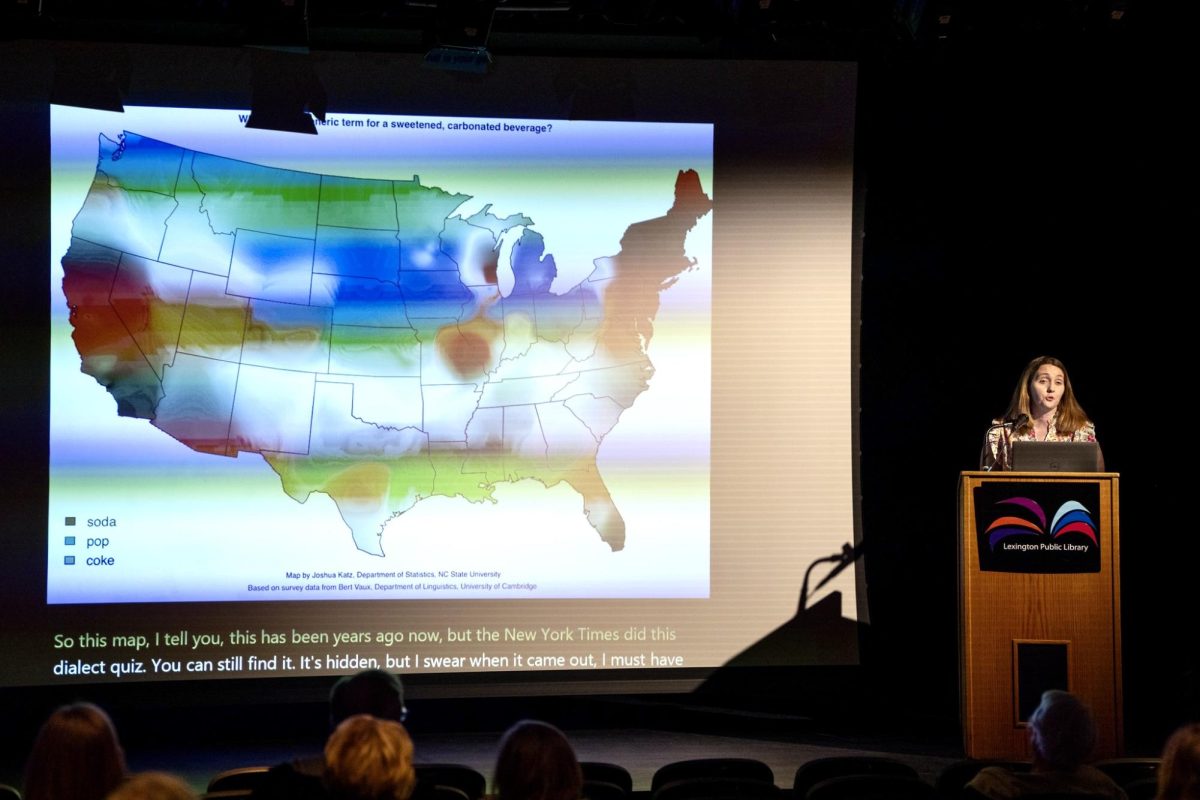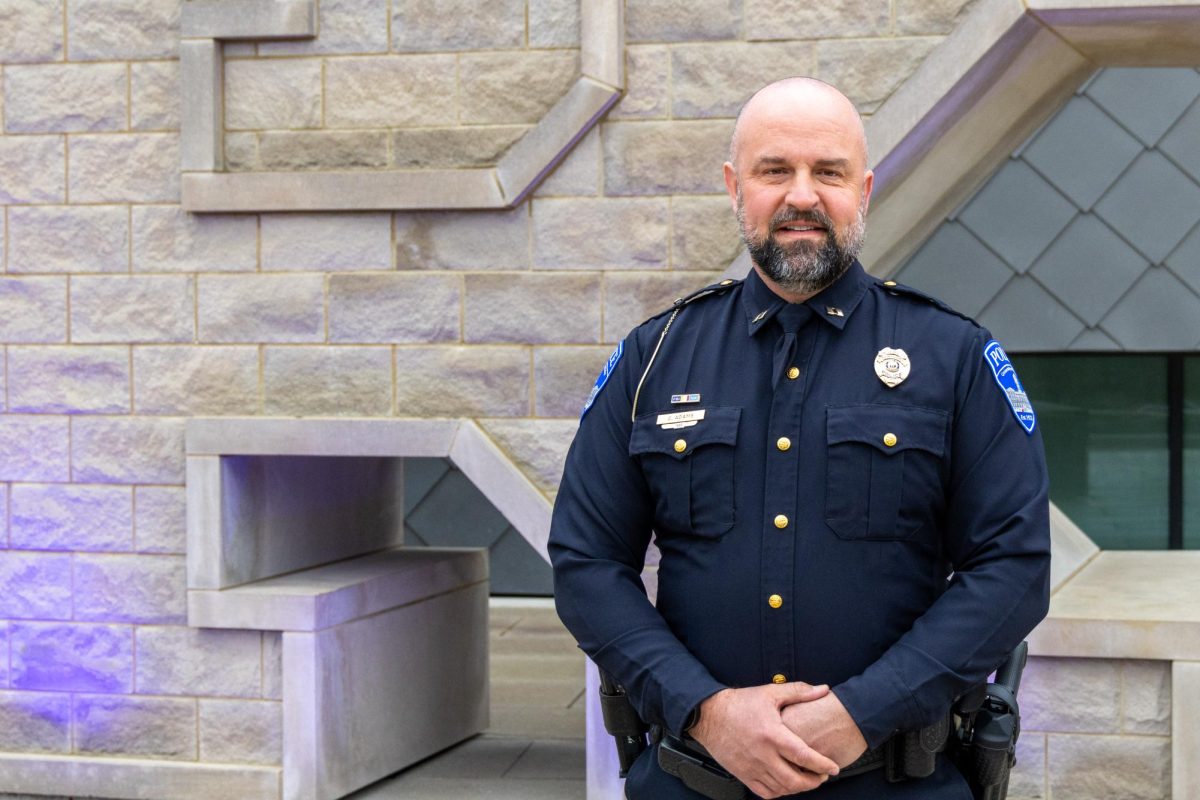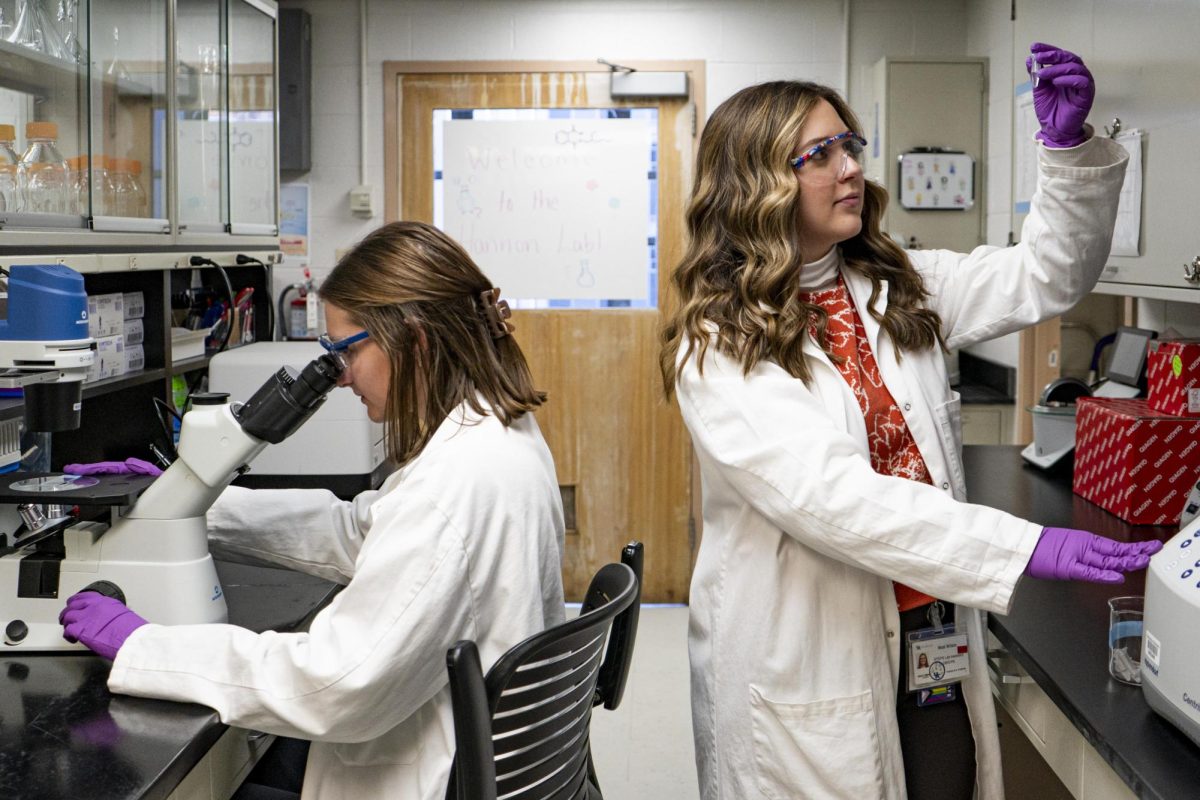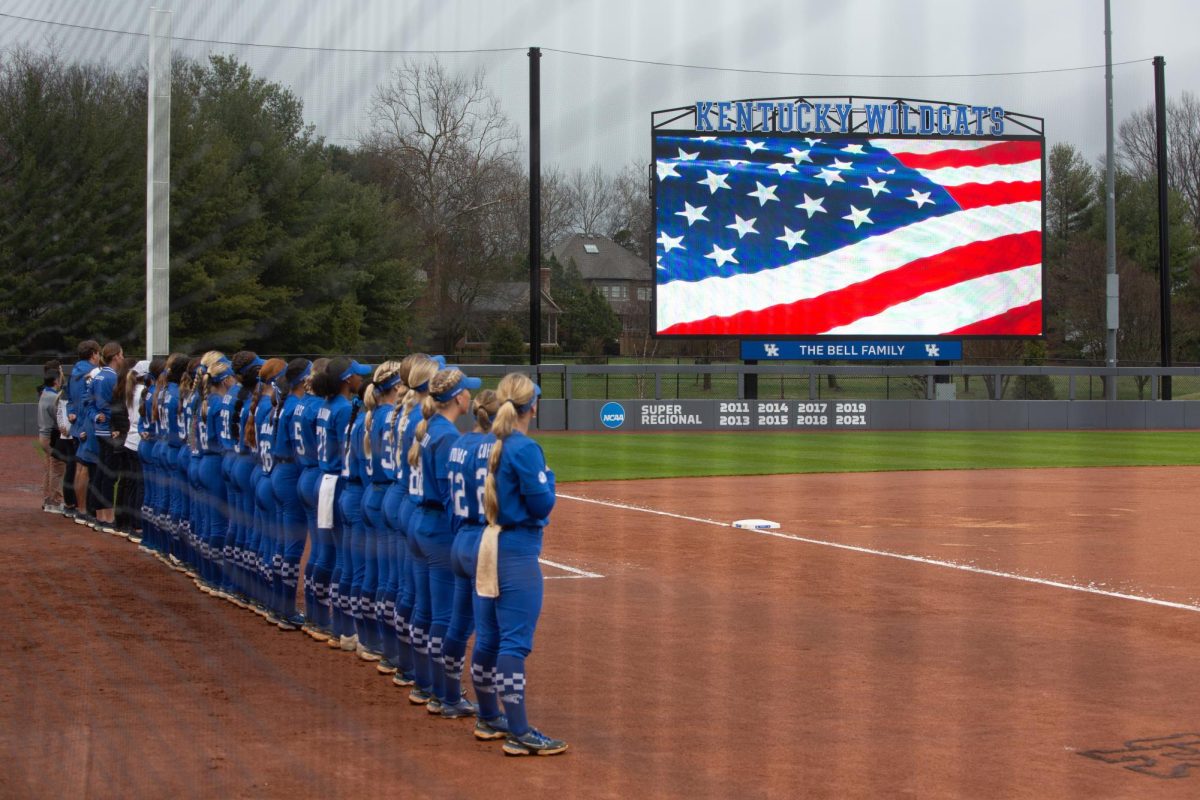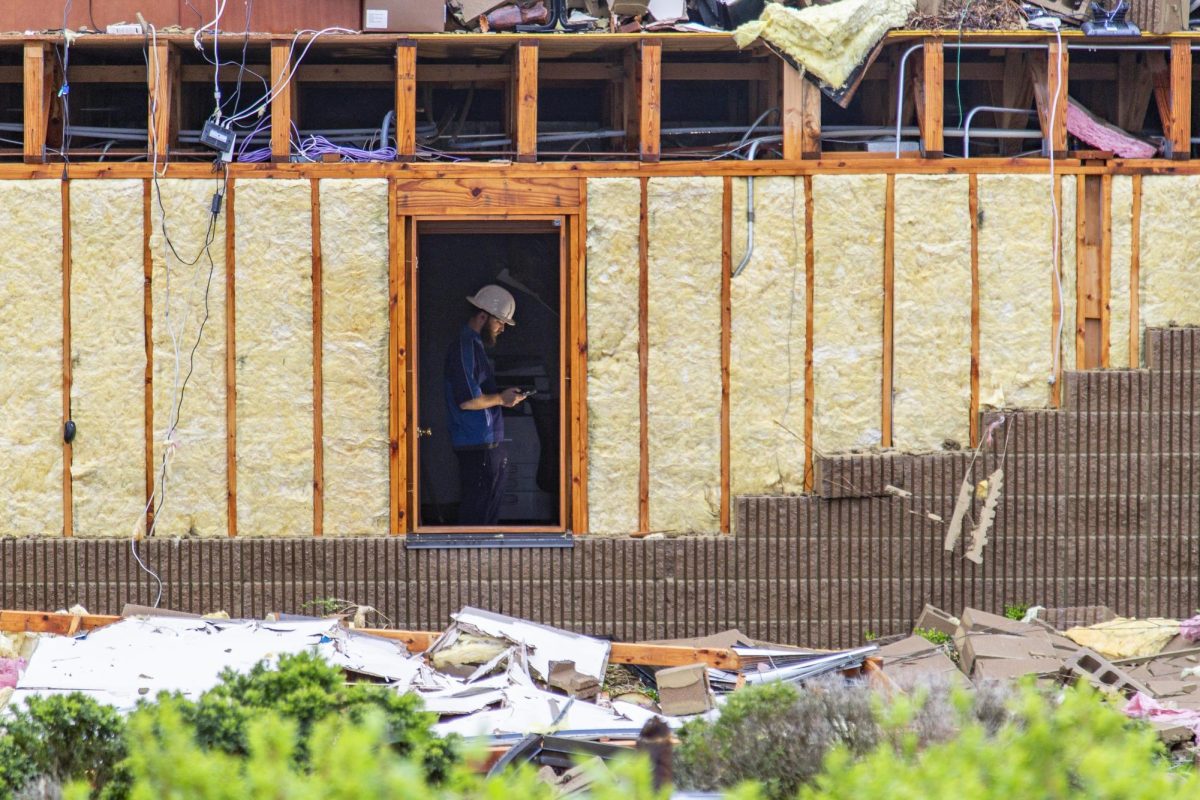UK repurposes anti-malaria drug
January 26, 2017
A recent study performed at UK showed that a drug used to treat malaria for over 50 years was found to have a potential new use: fighting cancer.
Chloroquine, which is approved by the Federal Drug Administration and listed in the World Health Organizations list of “Essential Medicines,” has been found to produce the protein Par-4, needed to prevent tumors from forming secondary growths, and to aid in killing tumorous cells.
The lab of Dr. Vivek M. Rangnekar, a professor in the UK Department of Radiation Medicine and the Alfred Cohen Chair in Oncology Research at the UK Markey Cancer Center, led the study.
Because Par-4 is a generic tumor suppressor, many different types of cancers could be targeted using chloroquine, Rangnekar said.
Rangnekar and his team focused on researching FDA-approved drugs because an already approved drug has a “greatly expedited” process of moving to actual treatment in a clinic.
While one clinical trial involving current cancer patients is still ongoing, researchers are already planning a second clinical trial in which patients who are in remission are given the drug, according to UKNow.
The study was funded by grants from the National Institutes of Health, the Markey Cancer Center and the Center for Clinical and Translational Science located on UK’s campus, according to UKNow. UK scientists worked with researchers from the University of Pittsburgh, Kansas University Cancer Center and Osaka University in Japan.








